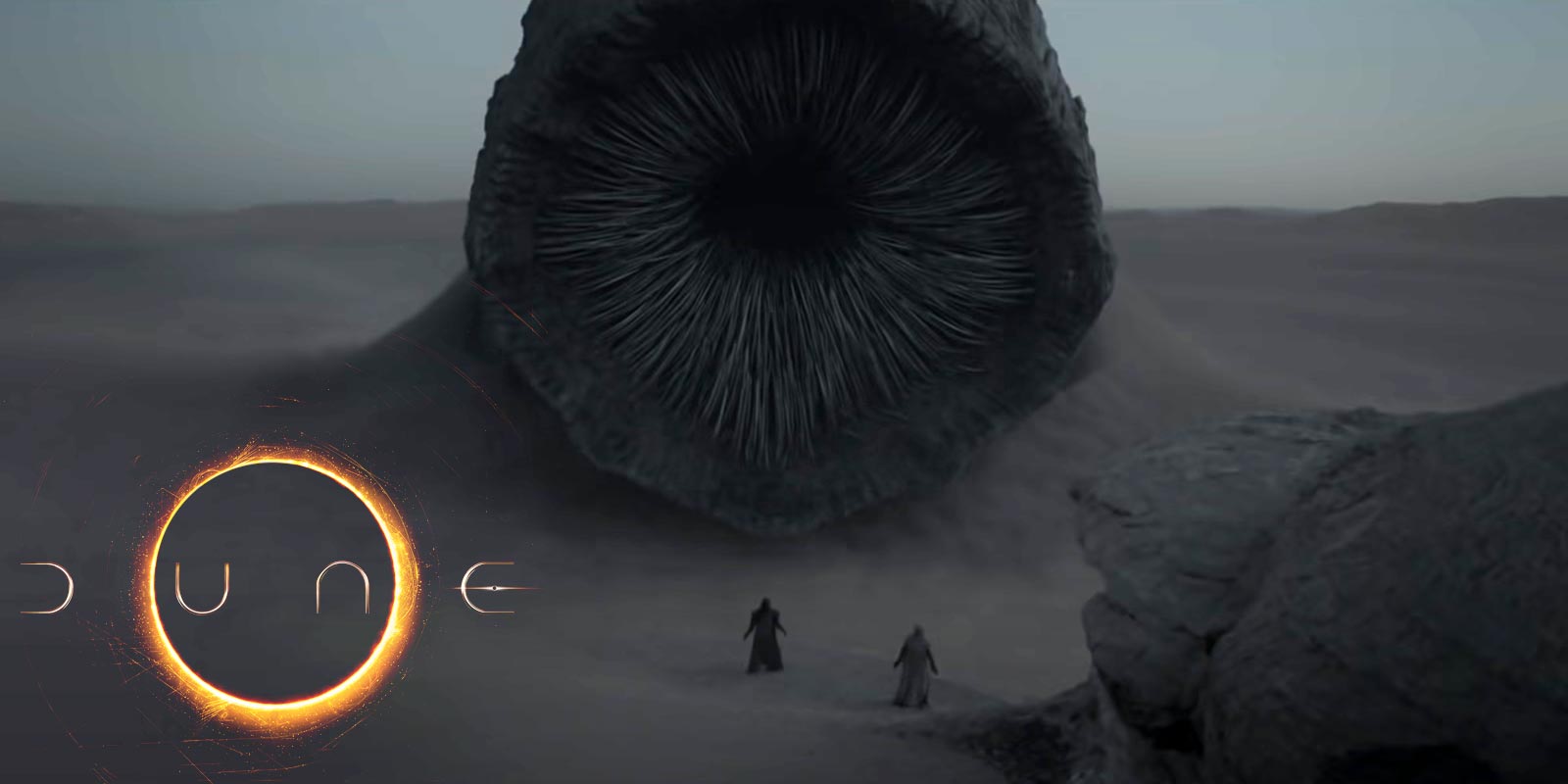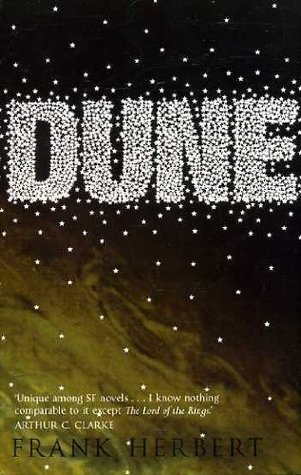The spice must something something.
While I don’t want to make a habit of doing multiple posts about books that get multiple movie adaptations, I’m doing it for Dune. Previously I discussed the very 80s adaptation of Dune. And now I’ve finally gotten around to watching the Dennis Villeneuve version.
It was fine.
I’ve watched a few sci-fi adaptations lately that spent a lot of time screaming “THIS IS SCI-FI” at the audience *cough Foundation cough*. So I was happy to see something so obviously sci-fi that didn’t do that. I also really like the world-building, which was mostly just long shots of locations. Made everything feel big.
But the new Dune kinda felt like an overly long and tension/stakes free movie. The soundtrack was bland and built zero themes to call back and emphasise key moments. Given the runtime and world-building, there still managed to be gaping holes in the story and consistency. I liked what they tried to do with the timeline visions, but it was a little confusing and could have been done better. And Jason Momoa managed to stand out in his role despite showing up as Jason Momoa.
To give an example of the consistency issue, I’ll mention the final scene (spoilers). Paul is shown to be capable with a knife early on but doesn’t show himself to be a warrior. Meanwhile, we get a heap of rhetoric about how tough and awesome the Fremen are, even a scene where they ambush and wipe out a unit of elite Sardaukar. Then in the final scene, Paul just casually bests a high-ranking Fremen (/spoilers). This all felt really inconsistent and in desperate need of establishment.
I will say that many of the issues with the movie are also issues with the source material, including the one I highlighted above. But for the most part, this was a pretty good adaptation. I’m just not sure it was a great film.
My review of the Dune novel here, and of the series here.




